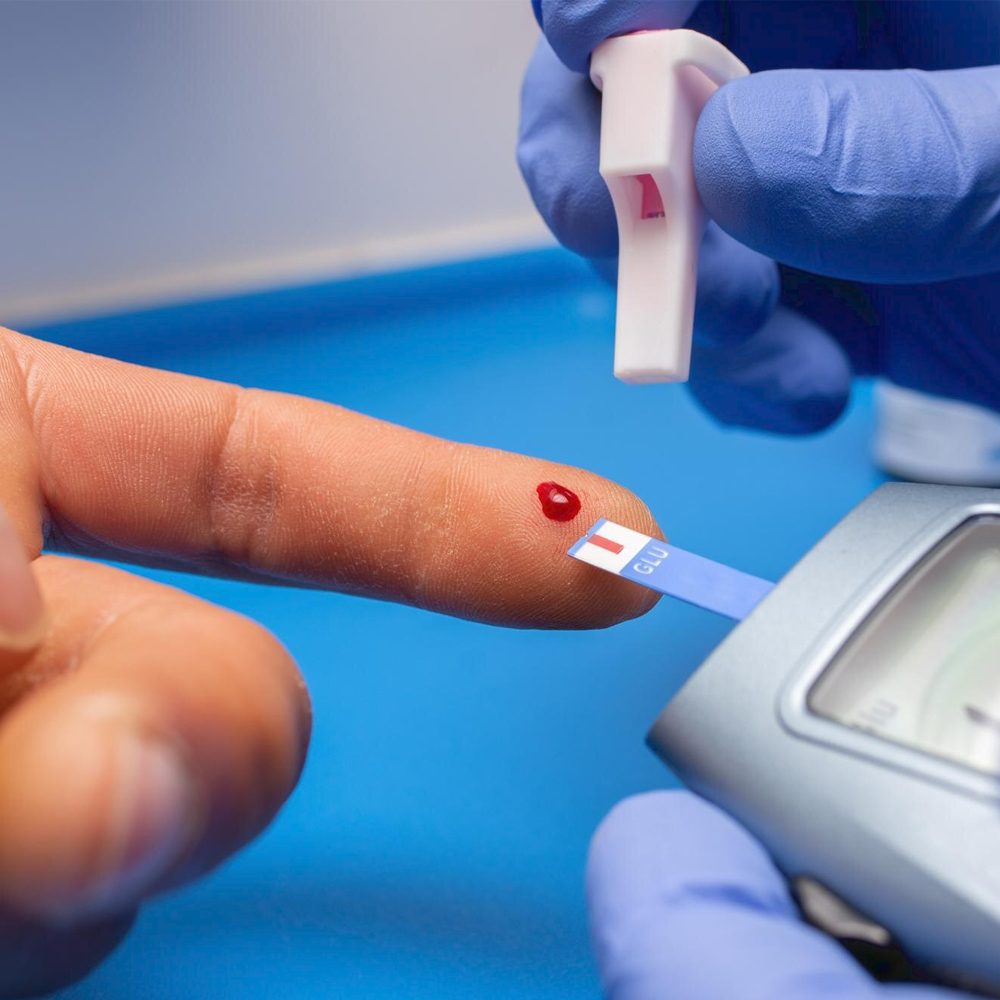
What is Diabetes Mellitus?
Diabetes Mellitus is a chronic health condition that affects how your body turns food into energy. It involves issues with the hormone insulin, which regulates blood glucose levels. Without proper insulin function, glucose accumulates in the blood, leading to high blood sugar levels, which can cause serious health complications over time, including heart disease, kidney disease, and vision problems.
Symptoms of Diabetes Mellitus
The symptoms of diabetes vary depending on how much your blood sugar is elevated. Common symptoms include:
- Increased thirst and urination: High blood sugar levels cause fluids to be pulled from tissues, making you thirsty.
- Unexplained weight loss: Despite eating more than usual to relieve hunger, you may lose weight because your body isn’t able to use glucose for energy effectively.
- Fatigue: Insufficient sugar moving from your bloodstream into your cells makes you tired and irritable.
- Blurred vision: High blood sugar levels pull fluid from the lenses of your eyes, affecting your ability to focus.
- Slow-healing sores and frequent infections: High blood sugar can affect your body’s ability to heal and resist infections, particularly in the skin.


